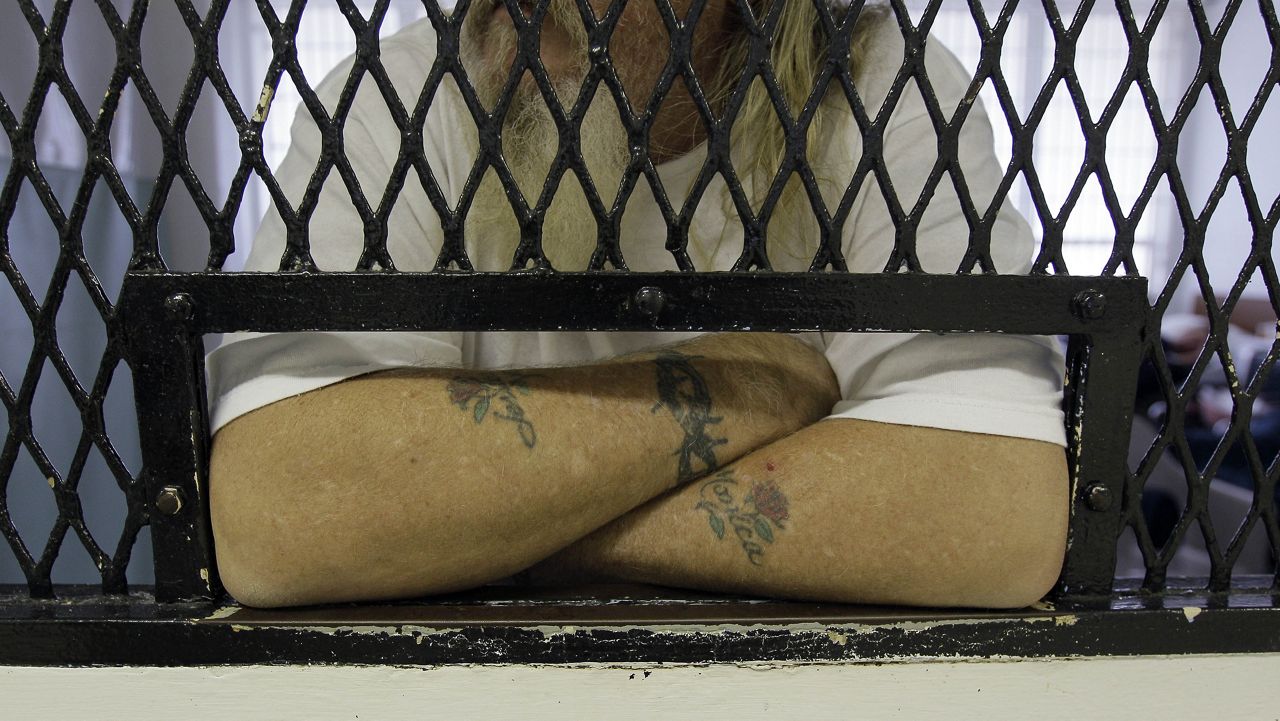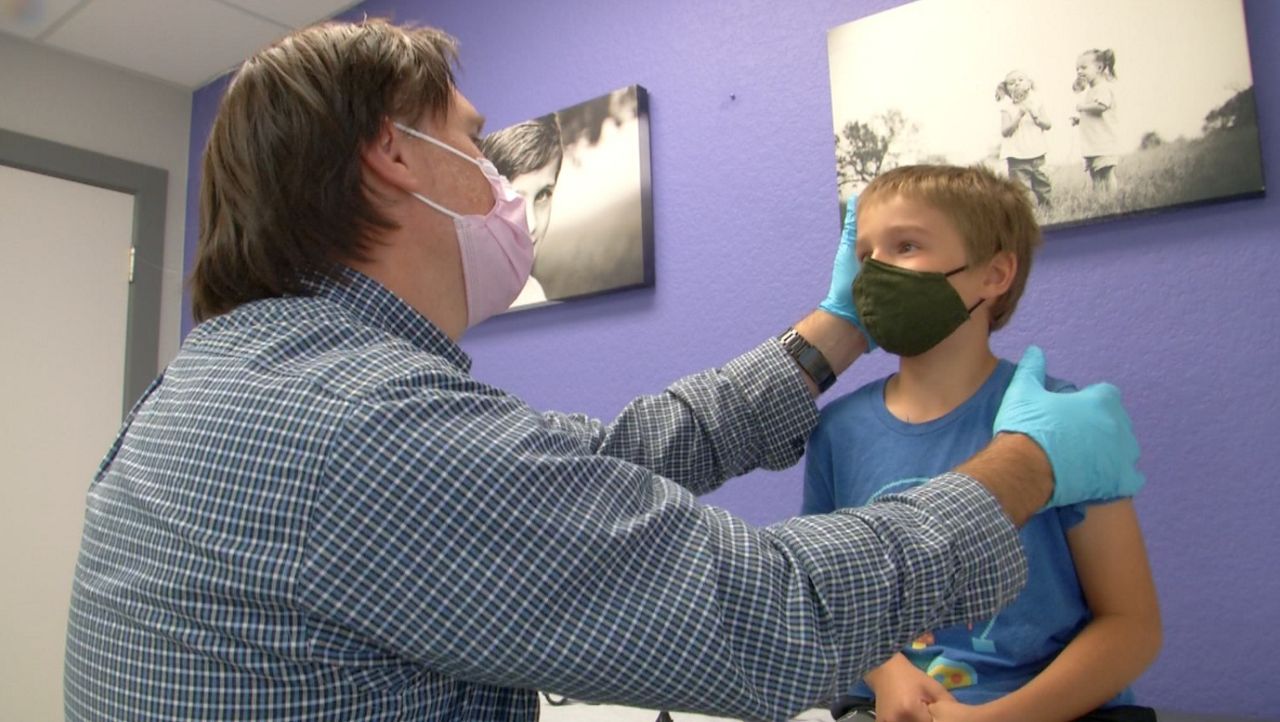State officials are making life easier for people once in prison who are working to re-join society.
On Monday, the North Carolina Department of Health and Human Services announced a $5.5 million investment into reentry services for formerly incarcerated people.
The services are provided through the North Carolina Formerly Incarcerated Transition (NC FIT) Program, which helps connect former inmates to physical and behavioral health care.
The focus of this investment is the FIT Wellness program, which primarily supports people being released from state prisons with serious mental illness, defined as a mental or emotional disorder that seriously impairs a person’s ability to function.
FIT Wellness currently operates only in Wake County, and the additional funding will establish new sites in Chapel Hill and Wilmington.
In addition to health care, FIT Wellness helps people access community support resources if they need assistance with things like housing or transportation.
Last month, Gov. Roy Cooper passed Executive Order 303 that focuses on enhancing support for incarcerated and formerly incarcerated people in North Carolina. In the order, Cooper says 18,000 people are released from North Carolina adult prisons each year.
Many formerly incarcerated people struggle with accessing housing, health care, insurance and employment once they’ve been released, according to the NC FIT website. During the first two weeks of their release, people released from prison are 50 times more likely to die from an overdose compared to the rest of the population.
Related: Gov. Cooper's new order calls for more support for former inmates reentering society
As part of the FIT Wellness program, former inmates work with a peer support specialist, someone who also has a history of incarceration and helps them develop a comprehensive reentry plan that covers all of their behavioral and physical health care needs.
The program sets participants up with a primary care doctor, as well as providing vouchers that cover the cost of medication and office visits.
The press release says the program has been successful so far, stating that 81% of participants had no hospital visits within the first three months of release.









